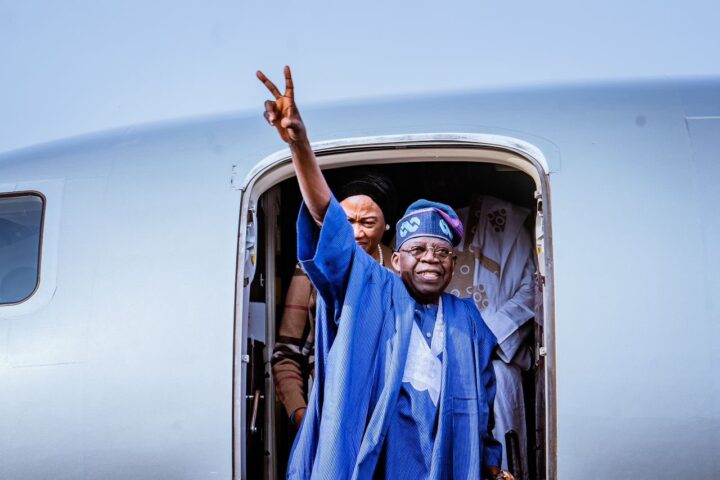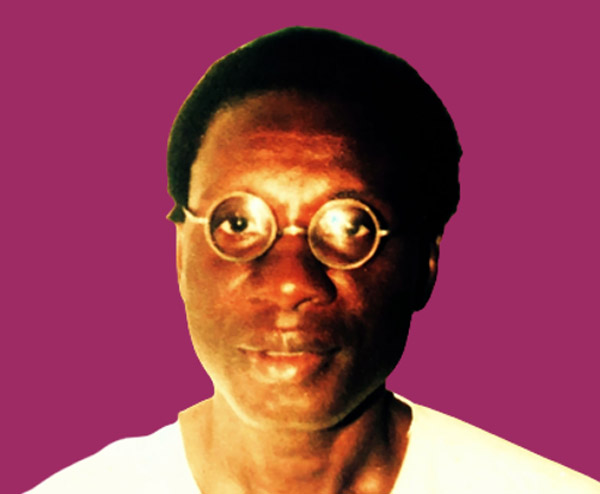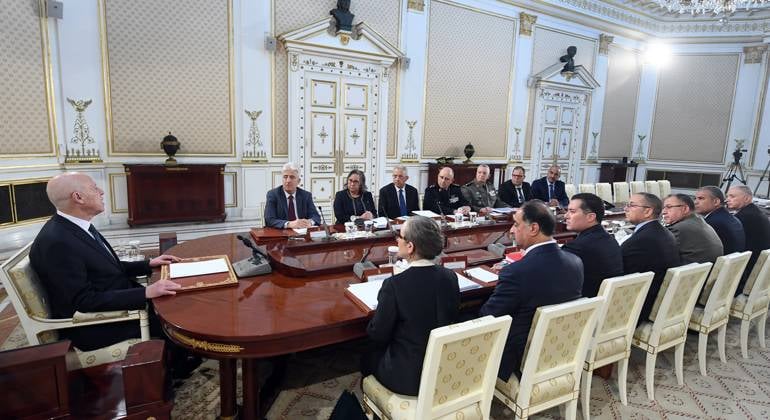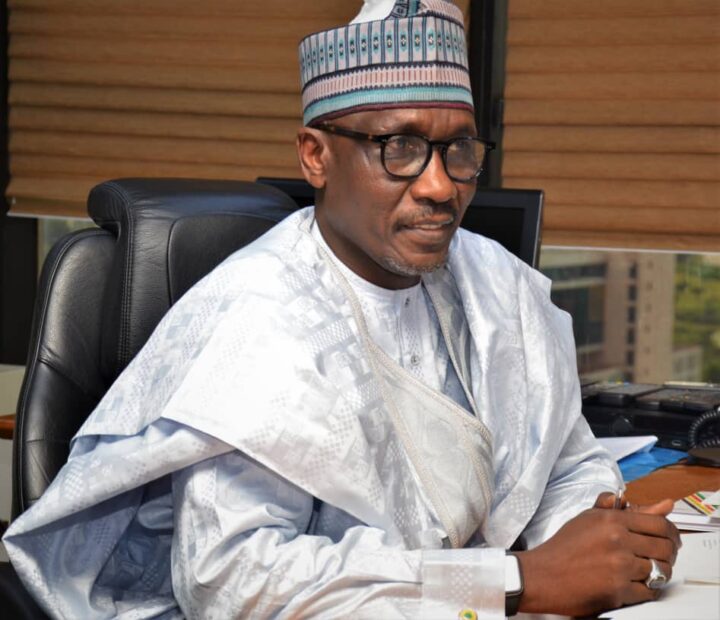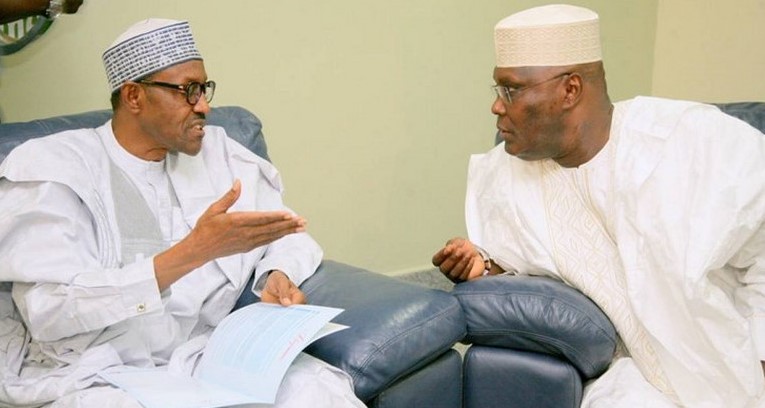When it comes to long-term and strategic planning in politics in contemporary Nigeria, it won’t be an exaggeration to refer to the President-elect, Asiwaju Bola Ahmed Tinubu, as a reference point. People who are very close to him, and have worked with him for decades, have variously described him as someone who has the knack for looking at the bigger picture, while others are fixated on the small one. Reports from his close acquaintances have it that his journey towards becoming the President, Commander-in-Chief of the Federal Republic of Nigeria, began about thirty years ago. I can’t say how accurate that is, but his political moves across the country, since he left office as a two-term Governor of Lagos State in 2007, lend some credence to that. His continued relevance in the Nigerian, nay African, political milieu is, therefore, not by accident.
Tinubu, it would be recalled, was one of the senators in the botched 3rd Republic, when he was voted in to represent Lagos West senatorial district in 1992. He would then return to the trench the election was atrociously annulled by General Ibrahim Babangida, to fight for the revalidation of what many Nigerians like to refer to as a Pan-Nigerian mandate. Tinubu joined the likes Pa Abraham Adesanya, Chief Bola Ige, Pa Anthony Enahoro, Alfred Rewane, Ayo Adebanjo Rear Admiral Ndubuisi Kanu, Lateef Jakande, Pa Adekunle Ajasin, (all of whom are now of blessed memories), and others like, Chief Chukwuemeka Ezeife, Chief Bisi Akande, Olisah Agbakoba, among other pro-democracy activists, to take on the military junta, headed by the dark-goggled one, late General Sani Abacha, in the struggle to de-annul the annulled (June 12, 1993) presidential election, presumed to have been won by late chief MKO Abiola.
This struggle against military rule, culminated in the restoration of democratic rule that birthed the emergence of this democratic rule – 4th Republic, which has run for 24 years, uninterrupted. If we agree that, the blood of martyrs who died in, or as a result of, the struggle watered the seed of the current democracy, it won’t be out of place to say that Tinubu is among those whose sweats also watered the seed. Some people attributed the move in 2018 by President Muhammadu Buhari to recognise June 12 as “Democracy Day”, and honour the acclaimed winner, late Chief MKO Abiola, with a posthumous national award, and renaming of the Abuja national stadium after him, to Tinubu’s political sagacity.
As a matter of course, he was actively involved in the democratisation process that began in 1998, and thus, emerged as the Governor of Lagos State – an office he occupied for eight years (from the 29th of May 1999 to 28th of May 2007), the maximum permitted by the law. If one takes a look at his Governor-colleagues from that era, only 5 of them could still be referred to as being politically relevant in the scheme of things to date. Chief Bisi Akande of Osun, George Akume of Benue, Orji Uzor Kalu of Abia, Donald Duke of Cross Rivers, Ahmed Makarfi of Kaduna, are some of those who still feature, at least, marginally in political discourse. Kalu, for instance, is still a Senator of the Federal Republic, and a serious contender for the office of the President of the Nigerian Senate in the about-to-be-inaugurated 10th National Assembly. Among these ex-Governors (“Class of 99”), the position of Tinubu as the one with a lot of political clout today, is incontestable. And this is not a coincidence. His political moves since he left office as a two-term Governor of Lagos State have been very deliberate and strategic, depicting a man with a mission. The “handshakes” he’d made across geo-political, and ethno-religious divides, are discernible, only, to those who understand how politicians think and act, when they need something, and are determined to get it.
Advertisement
As a student of contemporary Nigerian political history, I have come to understand him as someone who is gifted not in sprints, but marathon, when it comes to political races. Love or loathe him, he is a politician to the core, who knows his onions. He, at every time, knows what he wants, and what he needs to do to get it. He, like many other politicians, deploys all resources (human and material) at his disposal to achieving his aims and objectives. But his unequalled understanding of the game of politics is what stands him out among the multitude of politicians in the land today. The way and manner he deploys his intellect is unparalleled. Take for instance, a day after he emerged the presidential candidate of his party, the All Progressives Congress (APC), he knew his first and most key assignment would be, to pacify, reconcile, and unite with those who vied for the ticket against him in the party, with a view to getting them aboard, his campaign train, for the general election.
Therefore, he immediately set in motion, machinery for reconciliation. He started by paying visits to those who contested against him, convincing them that, the ticket which he won was a collective one, and that the party’s victory in the general election was much more important than his victory in the primaries. Although, some refused to be pacified, reconciled or united, they are in the minority. While he might not have succeeded in talking all the aspirants out of being defeatist, he surely wormed his way into the hearts of the majority of them, and that rubbed off on his victory at the general election that was keenly contested on the 25th of February 2023.
To drive home my point, let’s take a look at one instance, when he tutored the gubernatorial candidate of the party in Ọ̀yọ́ State, Senator Teslim Folarin, on post-primary election reconciliatory moves, during the State’s leg of the APC’s nationwide presidential campaign. He advised Senator Folarin to visit his opponents who he defeated during the primary election, even if it means going to their houses with a lantern in the dead of night, kneeling or prostrating to beg them so that they can all work together in the general election to ensure victory for himself and most importantly, the party. That is vintage Tinubu.
Advertisement
Now to the crux of this piece. Last week, as the date of his inauguration draws nearer, Tinubu met with different political stakeholders. They include National Assembly members-elect on the platform of his party – APC, the outgoing President among others. But the one that appears to be most novel, and strategic, is the meeting with two most prominent members of the People’s Democratic Party’s (PDP) G-5 Governors – Nyesom Wike of Rivers State, and Seyi Makinde of Ọ̀yọ́ State. The meeting sent ripples across political divides, considering how wide-ranging the effects of having Ọ̀yọ́ and Rivers States join forces with the ruling APC, particularly on the fortunes of the major opposition party, PDP, might be. The states, Rivers especially, have been a kind of electoral forte, where bloc votes are always expected, and guaranteed for the PDP.
I am afraid, that fraternity would be concretised today, as Tinubu is billed to in Port Harcourt today (Wednesday, 3rd of May 2023) on Governor Wike’s invitation, as he commissions another of his projects. Ordinarily, one would have asked, “of what significance would a possible alliance between the two PDP and APC in those States be, when the general election has been concluded, with winners announced?” Well to those who understand that game, and those who play it, 2027 is on the horizon, and fast approaching, if not upon us. Such an alliance would offer Tinubu an opportunity to penetrate the states with monumental projects execution that would sway the loyalties and sympathies of the people of the state towards the APC, when it is time for the renewal of the yet-to-be-exercised mandate of 2023 general election. That’s how, strategically, Tinubu operates. PDP, or whichever party evolves into the status of the major opposition between now and 2027 would have a mountain to climb, to upstage Tinubu in those States, if his political philosophy is allowed to take root.
From my vantage position as a keen observer, I could see that Tinubu had started the campaign for 2027, on (1st March 2023) the day he was declared winner of the 2023 presidential election. In his acceptance speech on the day, he made a particular reference to the cry of the youths. He said; “the youths, let me repeat that I hear you loud and clear. Whatever the course, we are to chart the path together, we’re going to embark on this journey together, united. No one is too small to be creative.” In sha Allahu”, we will work together. I will pay attention; undivided attention to your education. We will be creative. Credit will be available. Education loan will be available. A four-year course will be four years course. No more strikes. Your universities will have their autonomy to be able to upgrade your syllabuses and be creative. No more selling of handouts. They must be authors – they must write, and create for the nation. I know where it pains. And believe me, you will see the reward of your election,” he concluded.
A critical look at this speech (beyond the superficial) will reveal something to every discernible mind that listened to the speech. And that is, the quintessential politician in Tinubu is conscious of the fact that, the electoral phenomenon that Peter Obi of the Labour Party is, as seen in the results declared by the Independent National Electoral Commission (INEC), was facilitated by the belief that a vast majority of the youths have in his candidacy. He, the President-elect is, therefore, leaving no stone unturned to ensure that he swings the votes of this important demographic in his favour, in the next election. This he intends to do, by giving a speech that touches on one of their areas of core interests, which is quality, accessible and affordable education. That is Tinubu for you, targeting 2027, beginning from the day he was sure he had 2023 to 2027 in his kitty. That is the kind of race the Jagaban is cut out for – Marathon, not sprints. For him, 2027 is already here.
Advertisement
Abubakar writes from Ilorin. He can be reached via 08051388285 or [email protected]
Views expressed by contributors are strictly personal and not of TheCable.
Add a comment

